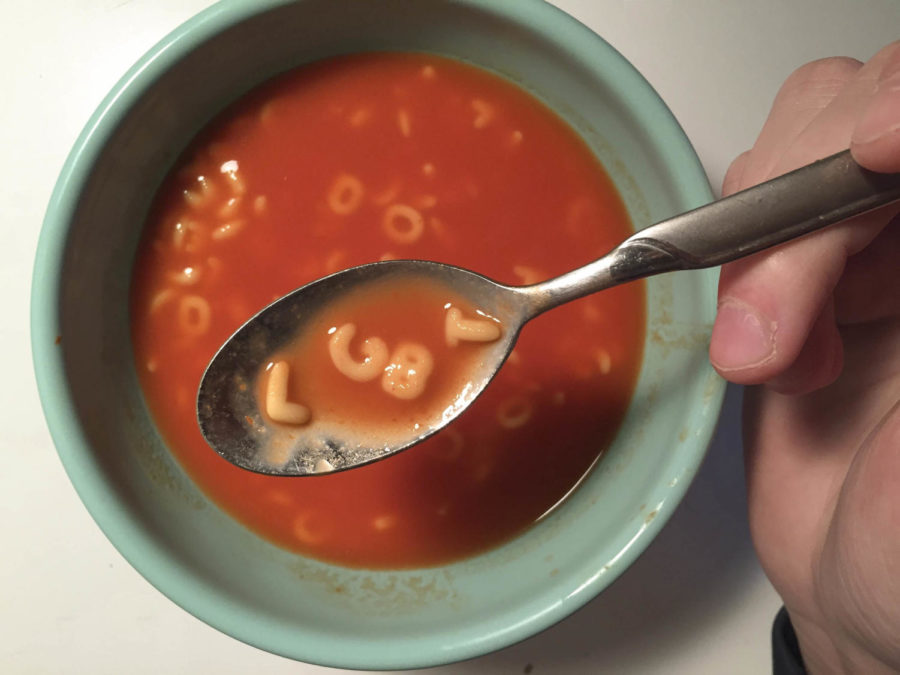Adding ‘allies’ to LGBT acronym sparks controversy
Tiffany Herring/Iowa State Daily
There is controversy over whether allies should be included in the LGBT acronym.
October 29, 2014
Something as simple as doting a rainbow pin can show someone as an ally to the lesbian, gay, bisexual, and transgender community.
Recently, there have been discussions about whether or not allies should be included in the LGBT acronym, making it LGBTQA for lesbian, gay, bisexual, transgender, questioning and ally.
Brad Freihoefer, director of the Lesbian, Gay, Bisexual, and Transgender Student Services, said how people define what an ally is can depend entirely on context, location and that person’s role in the community.
Freihoefer said a person can be an ally whether they are in the LGBT community or not. Allies need to understand that they have a personal privilege and power and it affects them as an ally.
“It’s the structure that holds oppression in place,” Freihoefer said. “It’s really about where your position of privilege and power is in this structure of oppression.”
Freihoefer then gave an example to relate how privilege played a role in people’s lives even before they knew what privilege meant.
“When we think back to the days of coloring in Kindergarten, what crayon was labeled flesh tone? Generally white folks’ skin,” Freihoefer said. “It refers to my skin tone, and I had that privilege to have my skin tone as a color to color myself.”
He then explained how privilege affects his everyday life at Iowa State and at work.
“When I look at myself, I have a lot of things that get me things I did not earn. They’re just things I get because of my particular race, gender, sexuality, etc,” Freihoefer said. “People may think I have a higher degree than I do, or sometimes I walk into a room and automatically get respect. That’s just a privilege I have.”
Freihoefer said not looking at personal privilege can be a problem.
How does this play into being a supporter of the lesbian, gay, bisexual, and transgender community?
Adam Guenther, president of the LGBTA Alliance, said a lot of what the LGBT community has for rights today have been won as a result of ally support. These are people who were in a majority group and had leverage, he said. They understood what their privilege and power could do for the community.
“It was our allies that were able to, not necessarily speak for us, but support us and as a result, help fight for the rights that we deserve,” said Wayne Glass, an LGBT Student Services volunteer, intern and practicum coordinator.
One side of the acronym discussion feels allies shouldn’t be included just because they support the community. Supporting the community doesn’t mean they are a part of that lifestyle.
For example, just because a person can support African American rights and issues, does not make that person a part of the African American community, Guenther said.
Guenther said the other side of the argument says allies should be considered part of the community because they, too, have faced stigma and oppression even though the stigma appears to be declining in the U.S.
Oppression and stigma still have a strong presence in other countries where identifying as LGBT is illegal and can be dangerous.
Guenther said allies should be included in the acronym and community because they have been, and always will be, a part of a stigmatized group within the LGBT community. Allies share some of the same struggles LGBT members have and should be included for that reason.
The discussion continues today and Glass said he thinks it goes back to an individual’s interpretation of the acronym.
“It’s about how you as a person want to interpret the acronym,” he said.

















